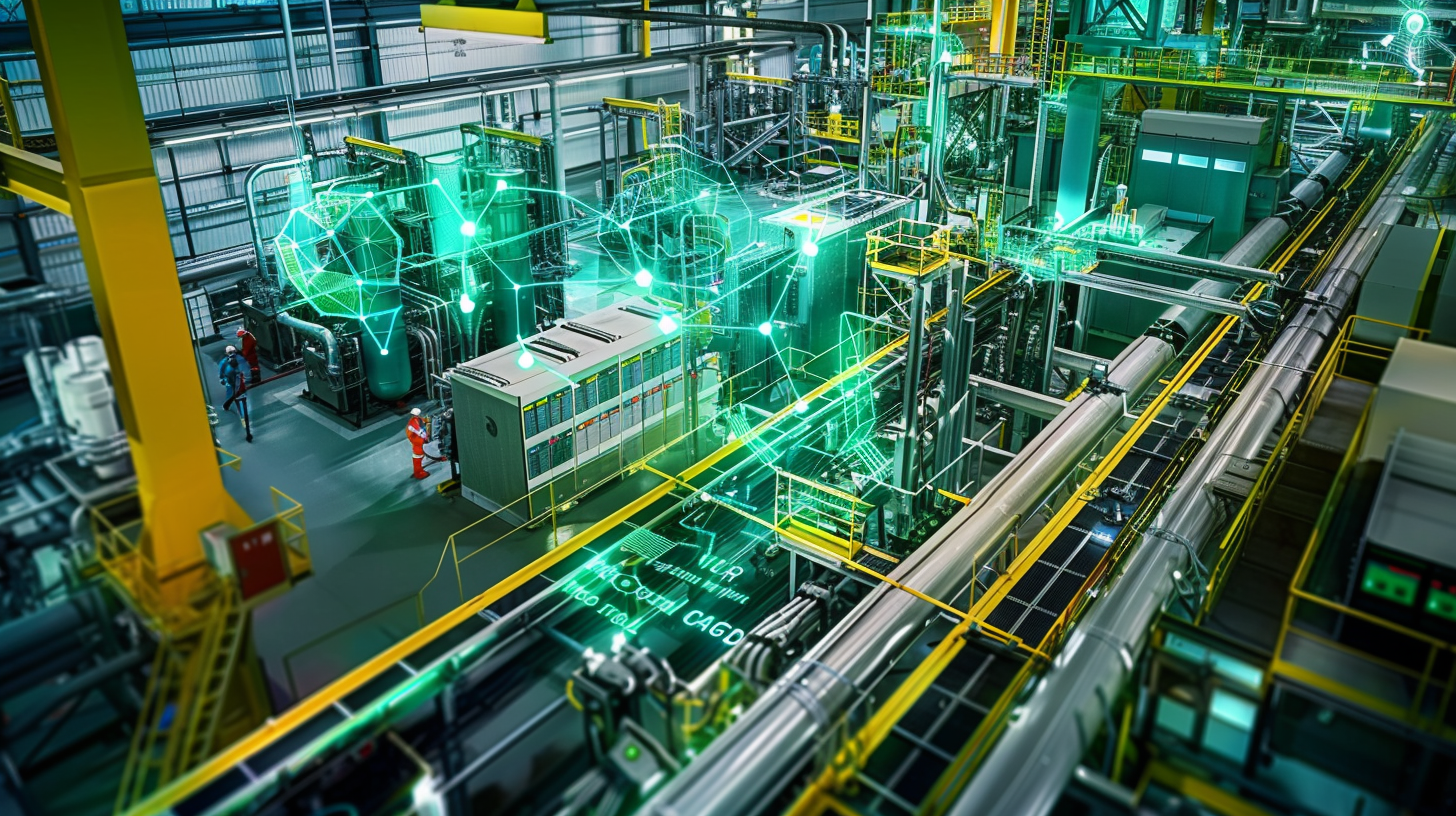
Introduction
Manufacturing has long been the backbone of economies around the world, driving growth, innovation, and job creation. As we look to the future, the manufacturing industry is poised for significant transformation. This article explores the current state of manufacturing, the impact of technological advancements, the push for sustainability, the challenges and opportunities that lie ahead, and expert predictions for the future of manufacturing in the UK and globally.
Current State of the Manufacturing Industry
UK Manufacturing Industry
The UK manufacturing industry has a rich history and remains a vital part of the national economy. Despite facing challenges such as Brexit, economic uncertainties, and the COVID-19 pandemic, the sector has shown resilience and adaptability.
- Economic Contribution: Manufacturing contributes approximately 10% to the UK’s GDP and employs around 2.7 million people.
- Key Sectors: Aerospace, automotive, pharmaceuticals, and food and beverages are among the leading sectors in UK manufacturing.
- Innovation: The UK is known for its strong focus on research and development, fostering innovation in manufacturing processes and products.
Global Manufacturing Trends
On a global scale, manufacturing continues to evolve rapidly. Key trends shaping the industry include:
- Globalisation: Increased interconnectedness has led to more complex supply chains and greater competition.
- Digital Transformation: The adoption of digital technologies, such as the Internet of Things (IoT), artificial intelligence (AI), and big data analytics, is revolutionising manufacturing operations.
- Shift to Emerging Markets: Emerging economies, particularly in Asia, are becoming major manufacturing hubs due to lower labor costs and increasing capabilities.
Impact of Technological Advancements
The Future of Manufacturing: Industry 4.0
The concept of Industry 4.0, also known as the Fourth Industrial Revolution, is at the forefront of technological advancements in manufacturing. It involves the integration of digital technologies into manufacturing processes to create smart factories.
- IoT and Connectivity: IoT devices enable real-time monitoring and control of manufacturing operations, improving efficiency and reducing downtime.
- AI and Machine Learning: AI-driven analytics provide insights for predictive maintenance, quality control, and process optimisation.
- Automation and Robotics: Advanced robotics and automation systems enhance precision, speed, and safety in manufacturing.
The Future of Additive Manufacturing
Additive manufacturing, or 3D printing, is transforming traditional manufacturing methods. It allows for rapid prototyping, customisation, and the production of complex geometries that are difficult or impossible to achieve with conventional techniques.
- Prototyping: Faster and more cost-effective prototyping accelerates product development cycles.
- Customisation: Enables the production of bespoke products tailored to individual customer needs.
- Sustainability: Reduces waste by using only the material needed for production.
Sustainability and Eco-Friendly Practices
Sustainability is becoming a central focus in the manufacturing industry, driven by increasing environmental awareness and regulatory pressures.
The Future of Eco-Friendly Manufacturing
Manufacturers are adopting eco-friendly practices to minimize their environmental impact:
- Energy Efficiency: Implementing energy-efficient technologies and processes to reduce carbon footprints.
- Waste Reduction: Utilizing circular economy principles to recycle and reuse materials, reducing waste.
- Green Materials: Developing and using sustainable materials that are less harmful to the environment.
Regulatory Compliance
Governments worldwide are introducing stricter environmental regulations, pushing manufacturers to adopt sustainable practices. Compliance with these regulations not only avoids legal penalties but also enhances brand reputation and consumer trust.
Challenges and Opportunities
The Future of Manufacturing: Challenges
While the future of manufacturing holds immense potential, it also presents several challenges:
- Skilled Labor Shortage: There is a growing need for workers with advanced technical skills to operate and maintain new technologies.
- Cybersecurity: Increased connectivity and digitalisation expose manufacturing systems to cybersecurity threats.
- Supply Chain Disruptions: Global supply chains are vulnerable to disruptions caused by geopolitical tensions, natural disasters, and pandemics.
Opportunities in The Future of Manufacturing
Despite the challenges, there are numerous opportunities for growth and innovation:
- Reshoring: Bringing manufacturing operations back to home countries to reduce dependence on global supply chains and improve quality control.
- Collaborative Innovation: Partnerships between manufacturers, technology providers, and research institutions can drive innovation and solve industry challenges.
- New Markets: Expanding into emerging markets with growing industrial capabilities and consumer demand.
Expert Opinions and Predictions
The Future of Manufacturing: Industry Experts
Industry experts provide valuable insights into the future of manufacturing:
- Adoption of Advanced Technologies: Experts predict that the adoption of AI, IoT, and robotics will continue to accelerate, driving efficiency and innovation.
- Focus on Sustainability: There will be an increasing emphasis on sustainable practices, with manufacturers seeking to minimise their environmental impact.
- Resilience and Agility: Manufacturers will need to build more resilient and agile operations to navigate uncertainties and disruptions.
AFAC Ltd’s Perspective
At AFAC Ltd, we believe that embracing technological advancements and sustainable practices is key to staying competitive in the evolving manufacturing landscape. Our commitment to innovation and quality positions us to take advantage of emerging opportunities and address the challenges ahead.
Conclusion
The future of manufacturing in the UK and globally is poised for exciting changes, driven by technological advancements, sustainability efforts, and evolving market dynamics. By staying ahead of these trends and embracing innovation, manufacturers can navigate the challenges and seize the opportunities that lie ahead.
At AFAC Ltd, we are dedicated to leading the way in manufacturing excellence, leveraging cutting-edge technologies and sustainable practices to deliver high-quality solutions for our clients. As the industry continues to evolve, we remain committed to shaping the future of manufacturing for the better.
For more information about our products and services, visit AFAC Ltd.







